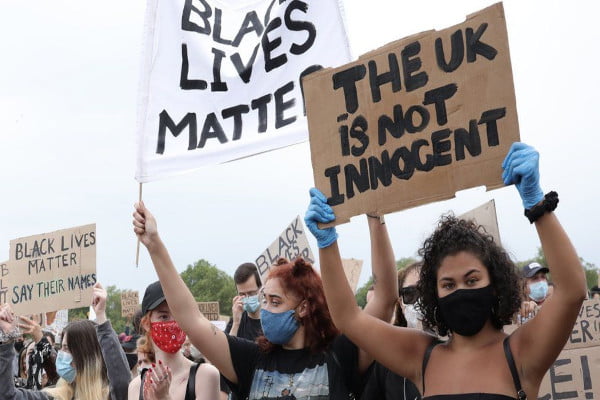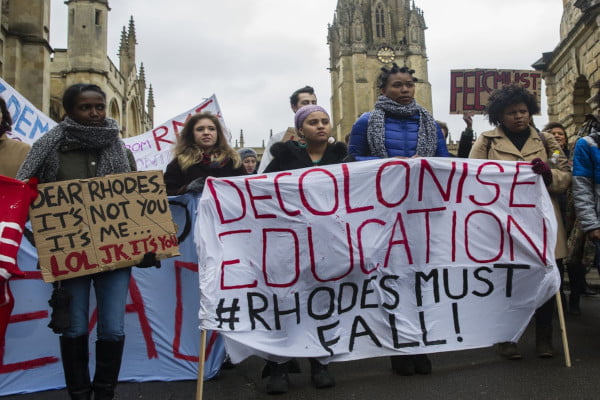Racism: What more should universities do?
Share:

Two weeks ago, a video posted by a Durham student and society president showed another person in blackface at a party.
The person claimed they were dressed as a chimney sweep, but I missed the lesson in history where I was told that Victorian children wore Yeezys when cleaning chimneys.
Many found it shocking, with the university issuing their usual statement. They said that racism isn’t acceptable and they will do everything to make the university a safe place for students of colour.
However, for students of colour around the country, this wasn’t surprising at all. Blackface is the least we can expect from other students at our universities.

In my first year at Durham, I received many racial microaggressions. The fact that I’m almost happy that this was the extent of the racism I received is shocking, considering that race-based incidents are the most reported incidents at Durham.
And being the only black person in my accommodation didn’t help much as there wasn’t anyone else I could vent to directly. Peers didn’t understand my reluctance to staying outside in town extremely late or avoiding certain societies.
Whilst I was lucky I found a peer network of people of colour and black women I could speak to, the fact that my university and many around the country do not offer official services tailored to people of colour is extremely disappointing.
Racism at Durham can deter black and other students of colour from wanting to attend. The experience of this beautiful city can be marred by the ugly experiences of racism from other students.
Recommended Reading: Football didn’t come home, but racism did

Being a student of colour is exhausting at Durham and other elite, white-majority universities. You’re faced with white students who will tell you how much they support Black Lives Matter but will complain about how black people protest injustice.
You may hear the N-word yelled at parties, but don’t worry: that person isn’t racist, they have a black friend.
Reporting these incidents can also be difficult. Students don’t expect their universities to take racism seriously as most universities don’t take racist incidents seriously. And those who do report can be met with retaliation from the administration and increased bullying from other students.
Recommended Reading: Exclusive: Durham Uni’s attitude to Northern students

Universities need to start improving the way they deal with racism. Professor David Richardson, chair of Universities UK’s advisory group on stamping out racial harassment on campus, has said that universities in the UK are institutionally racist.
Yet many of these institutions seem reluctant to take his advice on improving race relations.
No more treating blatantly racist statements as a difference in opinion or a dispute. Start punishing students, particularly those who think their privilege makes them untouchable, for offensive statements.
Universities love to talk about how inclusive and welcoming they are when we sign up. It’s time for you to put your money where your mouth is.
